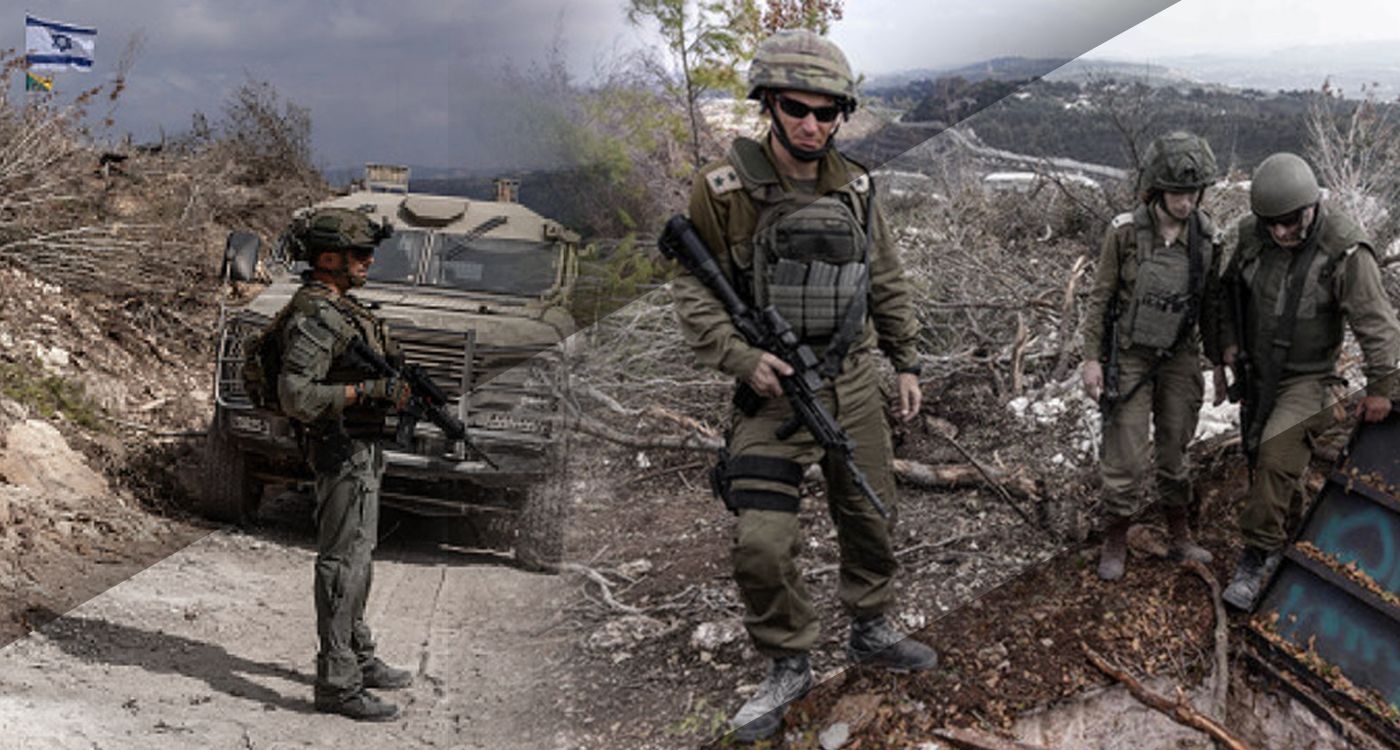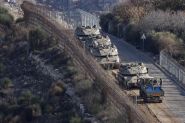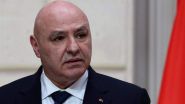
By playing with fire, one eventually gets burned. This is precisely what the Lebanese government and Hezbollah are doing.
Dominated by the Shiite duo, signatories of the ceasefire agreement and its secret annex, the government is fully aware that it agreed to grant freedom of action to the Israeli army in the south, but pretends to be outraged by these same actions. For its part, Hezbollah manipulates the interpretation of the agreement’s terms and adamantly claims that there is no question of relinquishing its weapons north of the Litani River. Yet, this is precisely what the agreement stipulates.
The question arises: against whom would the weapons north of the river be directed? Would the road to Jerusalem pass once again through Jounieh, echoing Yasser Arafat's famous saying? The Lebanese opposition is well aware that maintaining the weapons of the pro-Iranian militia would serve only one purpose: to “neutralize” the opposition and cast a threatening shadow over any attempts to alter the balance of power within the country.
The Israelis, for their part, continue with their plans. Benjamin Netanyahu likely had information about the movements of rebel troops in Syria but may not have anticipated that the Assad regime would collapse so quickly. Otherwise, what urgency would there have been to sign a ceasefire agreement in Lebanon the day before?
The fall of the Assad dynasty has significantly strengthened Israel’s military position. It now surrounds Hezbollah from the south and the east, from Mount Hermon to the Golan Heights. At the same time, Israel is rebuilding its arsenal. It is noteworthy that the residents of northern Israel have not yet been allowed to return to their homes. This is a sign that the war might not be over yet.
The 60-day truce ends on January 26, six days after Donald Trump’s inauguration. Trump is not particularly known for being sensitive to postponements – something of a Lebanese specialty, blending official impotence with the usual Iranian strategic misreading. He could very well give the green light to the Israelis to “finish the job,” a phrase he has grown accustomed to.
Amid all this, the eternally impoverished Lebanese wonder if they will have to endure yet another war that has nothing to do with them. A nightmare scenario, because if the fighting resumes, the initial phase of the conflict will seem like a mere stroll in comparison.
Recklessly, the Lebanese government, unprompted by anyone, signed the ceasefire agreement. It would therefore be held responsible for its non-compliance, even though everyone knows it has no real room for maneuver. In the event of renewed fighting, the state, its institutions and the country’s infrastructure could become targets. The promise made to the Lebanese to send them back to the Stone Age would come true.
Perhaps it is to avoid this scenario that the tireless Amos Hochstein is returning to the region after the holidays. Perhaps this also explains why the French ministers of defense and foreign affairs – in an exceptionally rare occurrence – are coming to Lebanon this Monday, officially to celebrate New Year’s Eve with UNIFIL’s French battalion.
The decisive moment will come on January 9, when Parliament is set to convene to elect a president of the Republic. If this session takes place and results in the election of a strong president capable of making the urgent political and military decisions required, Lebanon will likely avoid the worst. If, however, Lebanese politicians, true to their reputation, delay or obstruct the election, or produce a compromise president embodying weakness and collusion, it will only add the impotence and indecision, making anything possible.
Yet, the solution is simple: stop playing games and adhere strictly to the agreement. “Simplicity is the ultimate sophistication,” Leonardo da Vinci once said. Will the genius of the Renaissance inspire some of these suicidally obstinate minds?




Comments